Lists





5 Books
Well Written
Sort by:
Recent Desc
More lists by @xxxx[{::::::::::::::>



Games To Play
List includes: Door Kickers, Homefront: The Revolution, Tooth and Tail
February 2023
0
@[email protected]
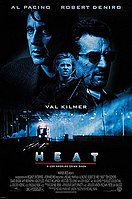
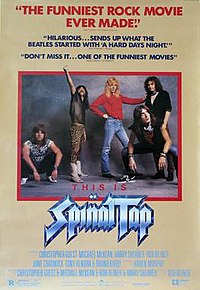
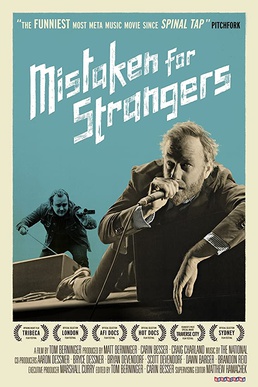
My Top 10 of All Time
List includes: Heat, This Is Spinal Tap, Mistaken for Strangers
January 2023
0
@[email protected]


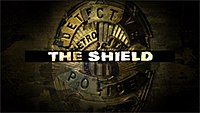
TV - Dramas
List includes: The Wire, 24, The Shield
January 2023
0
@[email protected]
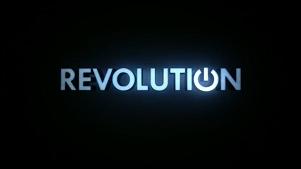

Our Future
List includes: revolution, Ex Machina
October 2022
0
@[email protected]



Sonic Gold
List includes: Russian Circles, Sunn O))), Ufomammut
August 2022
0
@[email protected]



Games
List includes: Command & Conquer: Red Alert 2, Counter-Strike: Source, Carmageddon
August 2022
0
@[email protected]
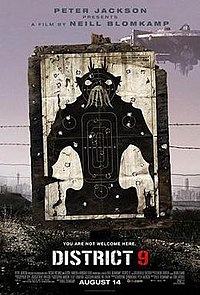


Neill Blomkamp
List includes: District 9, Rakka, Firebase
August 2022
0
@[email protected]


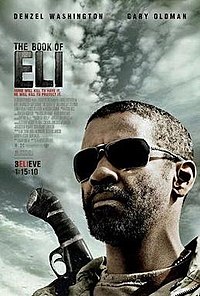
All Hail The Post-Apocalyse!
List includes: I Am Legend, Mad Max, The Book of Eli
August 2022
0
@[email protected]

Podcasts
List includes: 99% Invisible
August 2022
0
@[email protected]